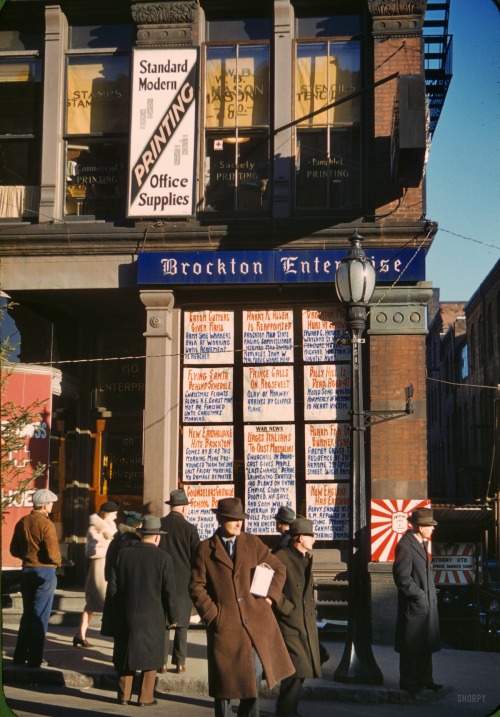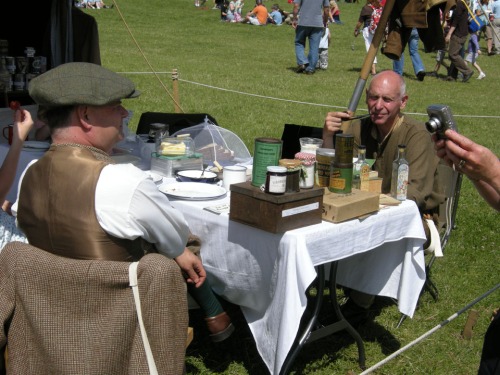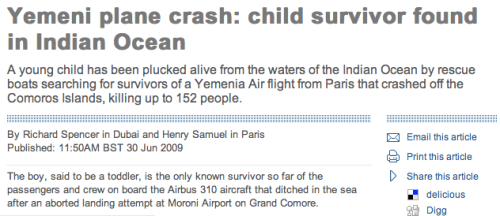I’ve just finished reading Travels In Nihilon, a satirical 1971 novel by Alan (Angry Young Man) Sillitoe, who also wrote Saturday Night and Sunday Morning and The Loneliness of The Long-Distance Runner.
He’s not that popular now, and, of the three, probably no one will have heard of the first (though I’m sure Loneliness was a set book at school back in the 1970s).
It’s a quirky read (five writers visit the anarchistic country of Nihilon to write a guidebook and end up precipitating a war and a coup), but given its age, it can be difficult to see exactly what the target of the satire is – even for an old crock like me who was around at the time. There is a quick reference to Nihilon being Britain, but is it a satire on the national character? The government of the time? The end of flower power? I have no idea.
No problem, I thought, I’ll just pop along to the internet and find a Sillitoe web site or a blog about it. After all – the internet has everything.
Not so, gentle reader! For the internet actually has a very limited range of everything on it.
About the only comment specifically about the novel was an enthusiastic if undeveloped review on Amazon. And while there were some bio pages on Alan Sillitoe on the web, they clearly don’t reckon much to Travels In Nihilon, as it barely features.
Pick a novel, or film, or play from the past decade and things change completely of course. There’s sure to be material about them online because:
- Their creator will probably be web-savvy and will have some kind of internet presence or, failing that, their publisher or producer will.
- Whatever media notice their work has garnered will also be on the web, as sometime in the mid-to-late 1990s is when the mainstream began to go online. [NB Update: I’ve since discovered that newspapers staked their claim on the web earlier than I had thought – but this timeframe is roughly accurate for mainstream UK media I think].
Go back 20 years or more and all that goes. There will be a wealth of reviews and commentary from the early 1970s about Travels In Nihilon, but they’ll be buried in Colindale Newspaper Library (which is well worth a visit by the way, for those who can get there). Or there will be academic criticism on Sillitoe, which will involve actually, you know, finding and reading a real book.
It’s not that there is no history on the web – but what is covered will depend on how significant it is (there’ll be lots on the Second World War and Shakespeare, for instance), or how recent it is (loads on everything that’s happened, no matter how trivial, from the past decade).
Look for more obscure or local history – or literature – from before 1995 and you’re scuppered.
As an example, a friend of mine asked me to research an air crash in London in the early 1950s, in which the pilot, who had been engaged to her mother, was killed. It turns out the crash happened in Mill Hill, where I grew up, and was, understandably, a big news story locally in October 1950.
The headline from the Hendon and Finchley Times was:
28 die in Mill Hill garden
Local residents’ narrow escapes in borough’s biggest air disaster
Wow. Today, that would have made national broadcast and print media news – and been everywhere on the web. Back then – well, it had a splash in the local paper and I think the enquiry was reported in the Times.
Of course, they’d just been though the War, so they had probably had enough of disaster news. But the event has almost entirely disappeared from the national consciousness. If you want proof, look on the web and try to find it. I bet you can’t (except here, now, of course).
One response is that the information has not disappeared – it’s just available in a different, paper, form. But actually, as far as today’s media is concerned, that’s as good as saying it has been destroyed. Because we in the media simply don’t do that kind of real, paper-based research anymore.
Not all publishing companies bothered having a physical library of its output and of other publications, but those that did have been busily making them redundant over the past few years. Haymarket is one I know of. It’s understandable as a business decision – a library takes up space and costs salaries to maintain. It’s a no-brainer to move your content online and let people access the great sluice of the internet for that and the rest of the world’s knowledge.
But it has its downside. Not least of which is how easy it is to lose your online content (as I have noted before). Not to mention the lack of old-but-not-quite-ancient content from the web.
It means that suddenly journalists have developed a completely truncated view of history. No one has the time or inclination to research pieces beyond a quick Google search, which means that our collective knowledge has become drastically impoverished.
I’m guilty too. Last week I was researching some content for a Dorling Kindersley business book (1,000 CEOs! Reserve your copy for Christmas!). I was writing a short profile on BBC director-general Mark Thompson and wanted to find the text of the speech he gave in 1997 that was regarded as his big break in TV management.
There were references to it, sure. From the Independent online in 2002 comes:
His crucial lucky moment came at the 1997 Royal Television Society convention in Cambridge, when he stepped in at the last minute to make a speech. He spoke passionately about what the BBC meant to him, of how its programmes were crafted with pride “like home-made, carefully prepared food”. Greg Dyke, then chief executive of Pearson Television, was there and met Thompson for the first time that day. The two hit it off and once he became director-general of the BBC, Dyke promoted him to head of television.
But could I find an actual transcript from the event? No chance. And the reason is in that date: 1997. Just before media content started going online as a matter of course.
It’s not that I want to go back to the dark ages before the Wikipedia. God, no. My life has been made immeasurably easier by the web, and allowed me to do work from the comfort of my sofa that would have been unthinkable a decade ago.
But I do find it disturbing that there is a whole chunk of history that is not only inaccessible to the modern media and has been forgotten, but that it is as if it has never existed.
Big Brother? George Orwell would have been so proud…
 :
:  :
:  :
:  :
:  :
:  :
:  :
:  :
:  :
:  :
:  :
: 
























